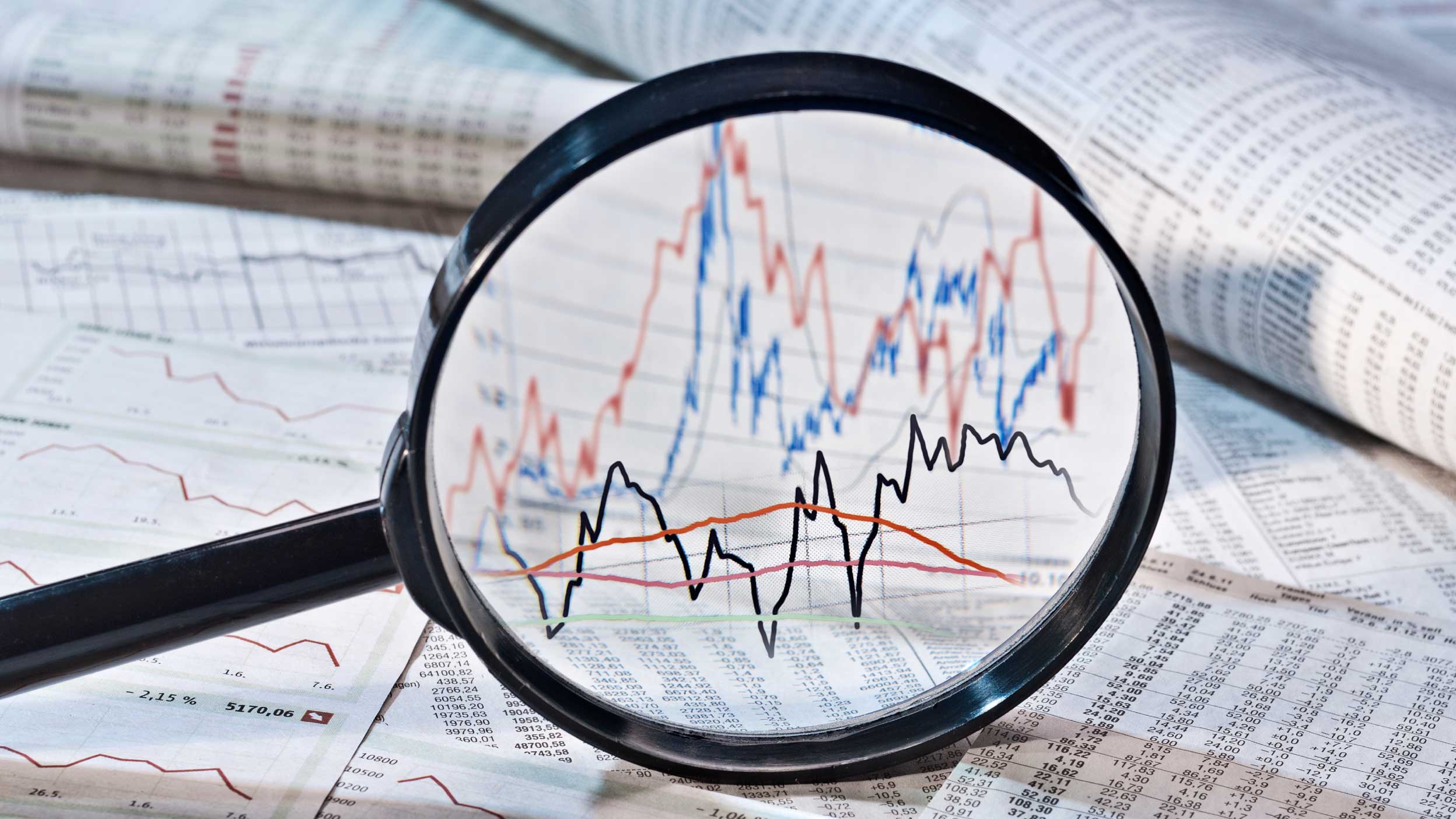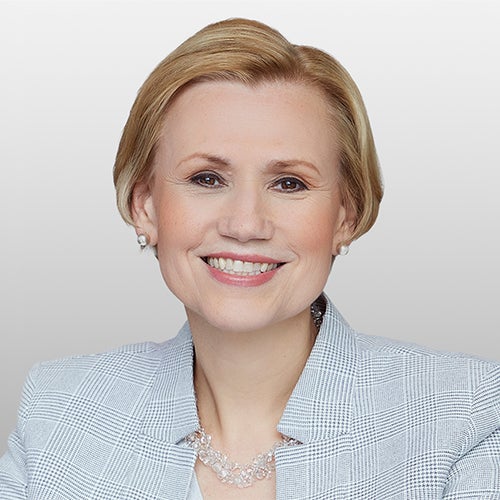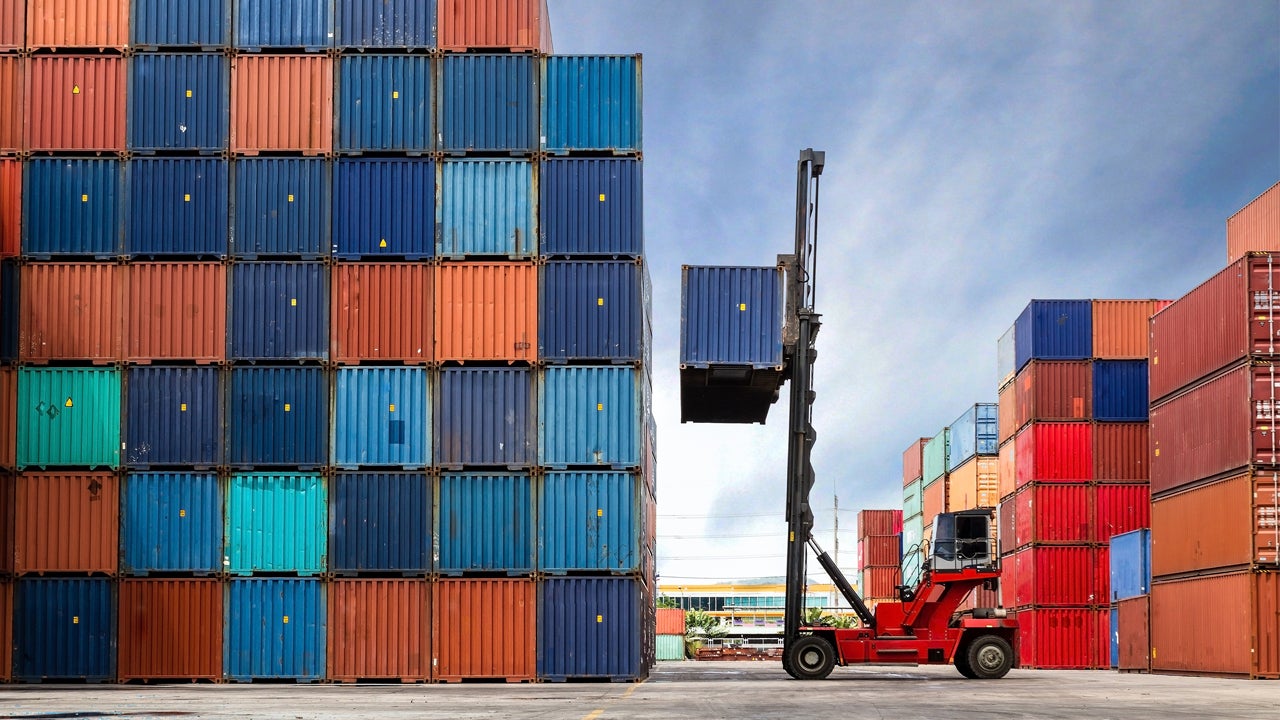I grew up in the New York City area in the 1980s. My dad always read the tabloids, and so I started to do so as well. That’s where I first learned about a fascinating phenomenon — the Guardian Angels. This was a large group of concerned citizens who wore distinctive uniforms, most notably red berets, and patrolled subways and other public areas in an attempt to prevent crimes from occurring during what was perceived to be a lawless time for New York City. In the beginning, the Guardian Angels were labeled by the tabloids as “vigilantes” who were “taking the law into their own hands.” Today, they are a reminder of how chaotic New York City was at that time.
I’ve been thinking about the Guardian Angels lately as I track the ongoing headlines about global trade — an area that I believe is descending into chaos and may be soon be subject to countries taking the law into their own hands through a process that I call “vigilante protectionism.” Why do I believe this? Because this week will likely go down in history as when the World Trade Organization (WTO) ceased to function effectively.
The WTO hits a crisis point
By way of background, when the WTO was created more than 20 years ago, the US was given veto power over appointments to its seven-member appeals panel. The US has wielded that power as a weapon in the last several years, blocking the appointment of any new judges. And now we have reached a crisis point: There are only three judges left on the appeals panel — the minimum number allowed to make binding decisions — and two of those judges’ terms are scheduled to expire this Tuesday. Now, I should say that the WTO has many flaws, and I think the US is right to push for reforms. However, blocking the appointment of judges is not exactly the approach I would recommend. Doing so ensures that the WTO will not be able to render any more binding decisions, rendering it impotent.
And so what would happen? Grievances could still be heard by the WTO, but they would not be enforceable because countries have a right of appeal — if they are unhappy with a ruling, they could simply delay enforcement indefinitely by filing an appeal. I expect we will be entering an era of what I call vigilante protectionism, where countries forego traditional institutions like the WTO and act on their own to further their trade interests. Large economies are more likely to utilize their size to their advantage, which could negatively impact some smaller and emerging economies. I believe this hobbling of the WTO would only exacerbate the trade frictions we have seen over the last several years — and would of course further the trend toward de-globalization.
The trade war continues to expand
This could add to the impact that investors have already been experiencing due to significant trade disruption. Think of the roller coaster ride markets went on just last week. Early in the week, the stock market fell on US President Donald Trump’s statement that he might choose to delay a trade deal with China until after the 2020 presidential election. The week ended more positively, with China saying it would entertain applications for waivers on import tariffs for soybean and pork shipments. However, there is still the real possibility that Trump could apply more tariffs by his self-imposed deadline of Dec. 15. And there remains a good likelihood that the US and China will be unable to achieve even a Phase 1 trade deal in 2019. (Even if they do agree to a Phase 1 deal, that would only scratch the surface of the trade disagreements between the two countries.)
Also last week, Trump announced tariffs on Brazilian and Argentinian steel manufacturers. This would be on top of the Trump administration’s proposed tariffs on up to $2.4 billion worth of French imports, including wine, in response to France’s tax on American tech companies.
Can central banks help?
As the trade war continues to expand, I believe that vigilante protectionism will grow as well. The longer this continues, the more damage it could do to free trade and global growth — but it would be a slow bleed. The good news is that central banks appear willing to offer monetary accommodation if and when the trade situation deteriorates significantly. While this may not be very effective in supporting the economy, it could be very effective in supporting risk assets.
It is important to note that the WTO’s crippling should not have significant effects for markets overnight. It could create more volatility for stock and Treasury markets if and when countries begin to pursue trade disputes outside of the WTO. But it could also lead to a positive effect if central banks choose to provide more accommodation in response to concerns over a deteriorating free trade environment.
I’ll be watching as the Federal Reserve (Fed) meets this week. It seems clear to me that members of the Federal Open Market Committee will sit on their hands at this meeting and maintain the status quo. However, what will be important is the “dot plot” they will issue, giving us a sense of what their expected monetary policy prescription is for 2020 at this juncture. Even more important will be Fed Chair Jay Powell’s press conference where he may receive some questions on the trade situation and perhaps provides some insight into how the Fed might respond if the situation deteriorates.
I will also be following this week’s European Central Bank (ECB) meeting closely. This will be Christine Lagarde’s first meeting as ECB president, and it will be important to hear what she has to say about current monetary policy tools and their adverse effects. I will certainly be interested in any insights she might provide on the upcoming strategic review. Finally, she may also provide some hints as to how the ECB might respond if the trade situation deteriorates.






